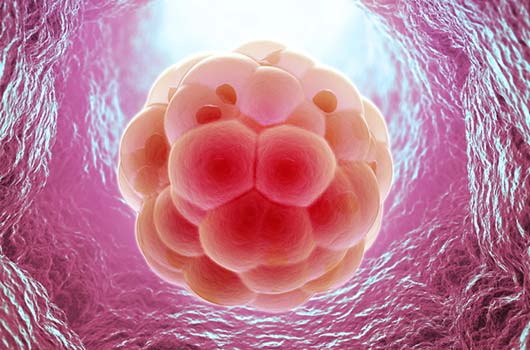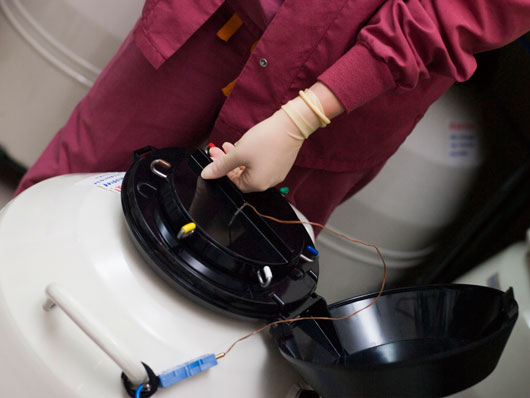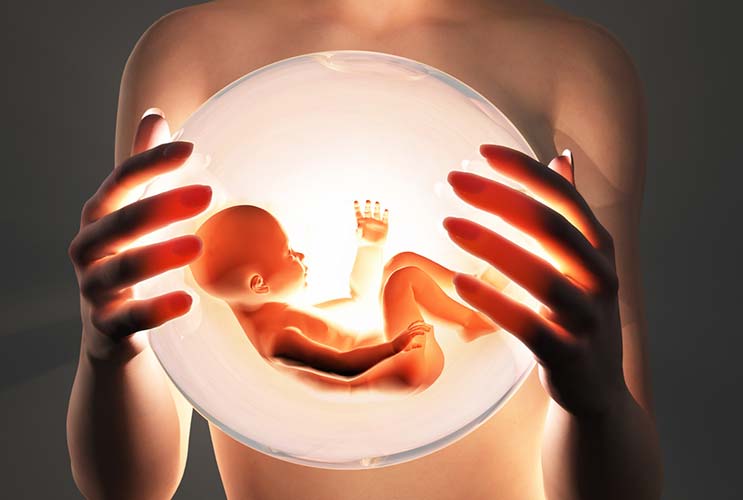
Of all fertility treatments, embryo freezing is causing the most controversy and making more headlines these days than any of the other options. In Vitro Fertilization (IVF) has come a long way since the first test tube baby was born in 1986. Unfortunately, as Sofia Vergara is very publicly finding out, the laws haven’t caught up with the technology. At a premier for Magic Mike XXL last month, she was greeted by pro-life protesters chanting “Sofia: Unfreeze your daughters. Unfreeze your heart.” because she and her ex, Nick Loeb, are at odds over two frozen embryos that were created when they were together. She doesn’t want them used; he wants to be able to have a surrogate to bring them to term.
According to the Pacific Standard, “In 2006, news stories estimated between 400,000 and 500,000 frozen embryos were in storage across the U.S.; some proponents of embryo donation claim that there are at least 600,000 now.” And only eight states have laws regulating embryo donation. You may be wondering why frozen embryos are so much more controversial than frozen eggs. The big difference between these two fertility treatments is that frozen eggs aren’t fertilized meaning frozen embryos are a step closer to being a fetus. The big legal dilemma is whether they should be considered property or a person. Not an easy question!
Read Related: 8 Reasons You Should Consider Freezing Your Eggs

Although egg freezing seems to have gotten more attention, until recently — perhaps because it’s an option for single ladies who are still waiting to meet Mr. Right and challenges social norms as well as the dreaded biological clock — embryo freezing is much more established and has a higher proven success rate. And extra embryos always created in case a pregnancy fails. As the technology continues to improve, we wind up with more and more surplus viable embryos in storage. Whether or not you’re pro-life, it’s pretty tough to decide how to handle all of those unwanted embryos.
If you’ve ever looked into fertility treatments, you know IVF is incredibly expensive and it often isn’t covered by insurance. Adoption is also a long and costly process. By contrast embryo transfer usually costs under $4,000. But even that process isn’t as straightforward as you may expect. Some religious groups are working with embryo storage centers to facilitate embryo “adoption”. However, the The American Society for Reproductive Medicine makes it clear that they don’t advocate using the same terminology for embryos as we do for live children and embryo transfer should be referred to as “donation”.
The bottom line is that if you are considering different fertility treatments and you decide to go with embryo freezing, make sure you know your state’s laws, draw up a contract with your partner and think hard about how you want to handle extra embryos down the road.











